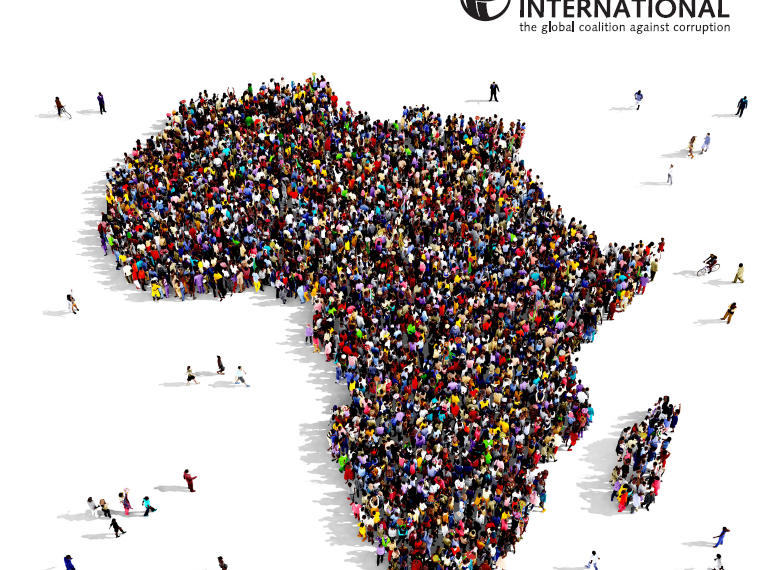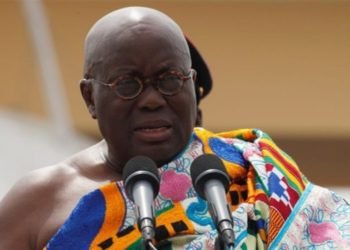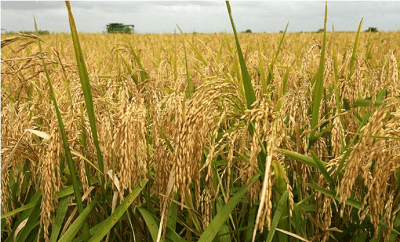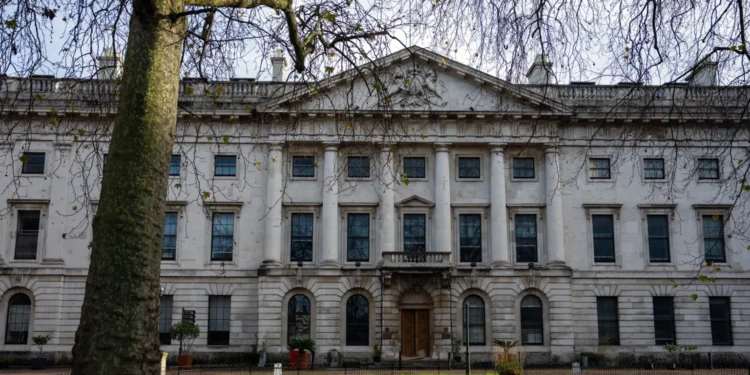A report released by Transparency International on the state of implementation of the African Union Convention on Preventing and Combatting Corruption (AUCPCC) in 10 African countries has indicated that, 8 out of the 10 African countries assessed do not expressly ban the use of funds acquired through illegal or corrupt means in political finance or electoral legislation with the exception of Democratic Republic of Congo and South Africa.
The rest of the 8 countries including Ghana, Coted’Ivoire, Ethiopia, Nigeria, Mozambique, Morrocco, Rwanda and Tunisia do not totally prohibit sponsorship of political parties from illegal funds.
According to the report, legislation on party funding in Ghana only covers so much an extent that political parties submit accounts of their assets and expenditure, including the sources of their donations in cash or in kind, to the Electoral Commission, which in turn is required to publish reports in the government gazette.
Furthermore, parties are required to submit a statement of their asset and liabilities to the commission within 21 days prior to a general election. And an account of all electoral expenditure are to be submitted within six months after a general election take place. Beyond election periods, the commission may cancel the registration of a political party if its information provided contravenes the law.
Although the report recognizes that cancelation of registration of political parties is a stiff penalty, and as such a strong deterrent, it notes that the absence of lesser penalties (especially of first offence), when it comes to imposing sanctions on parties opens the door of potential abuse.
More importantly, it also notes that one major loophole is the failure of the law to prohibit donations proceeding from criminal activities and contributions from State Owned Entreprises.
This notwithstanding, the enforcement of these laws have not materialized during elections in Ghana. A report from AU observer mission for Ghana’s 2016 general elections observed that political parties that failed to submit the financial reports required by the law suffered no sanctions as a result.
Similarly, the International Growth Centre (IGC) based on its analysis of the 2012 elections also indicated that not a single political party complied with the reporting obligations and that the Electoral Commission took no action against them. The International Institute for Democracy and Electoral Assistance (IDEA) also in their report in 2014, buttressed the findings highlighted by the IGC.

In the 2020 elections, the EU election observation mission in its report raised issues concerning the increasing costs of an unlimited spending on running election campaigns. The EU EOM observed that “there are no limits on contributions or on spending, resulting in a lack of transparency and accountability around political and campaign funding,” it said and added that, “the EC did not enforce parties to comply with legal requirements on financial reporting. “This further limits public scrutiny and transparency of political and campaign finance.”
With the exception of Coted’Ivoire which the report indicates as having a law on party funding, that is very limited in scope, all the other 7 countries have similar requirements not limited to public finding only. Coted’Ivoire’s legislation only governs public funding of political parties, which captures only a small fraction of the sources of funding of political parties.
READ MORE: Ghana loses over US$90 billion to corruption- Abdul Moomin Gbana






















